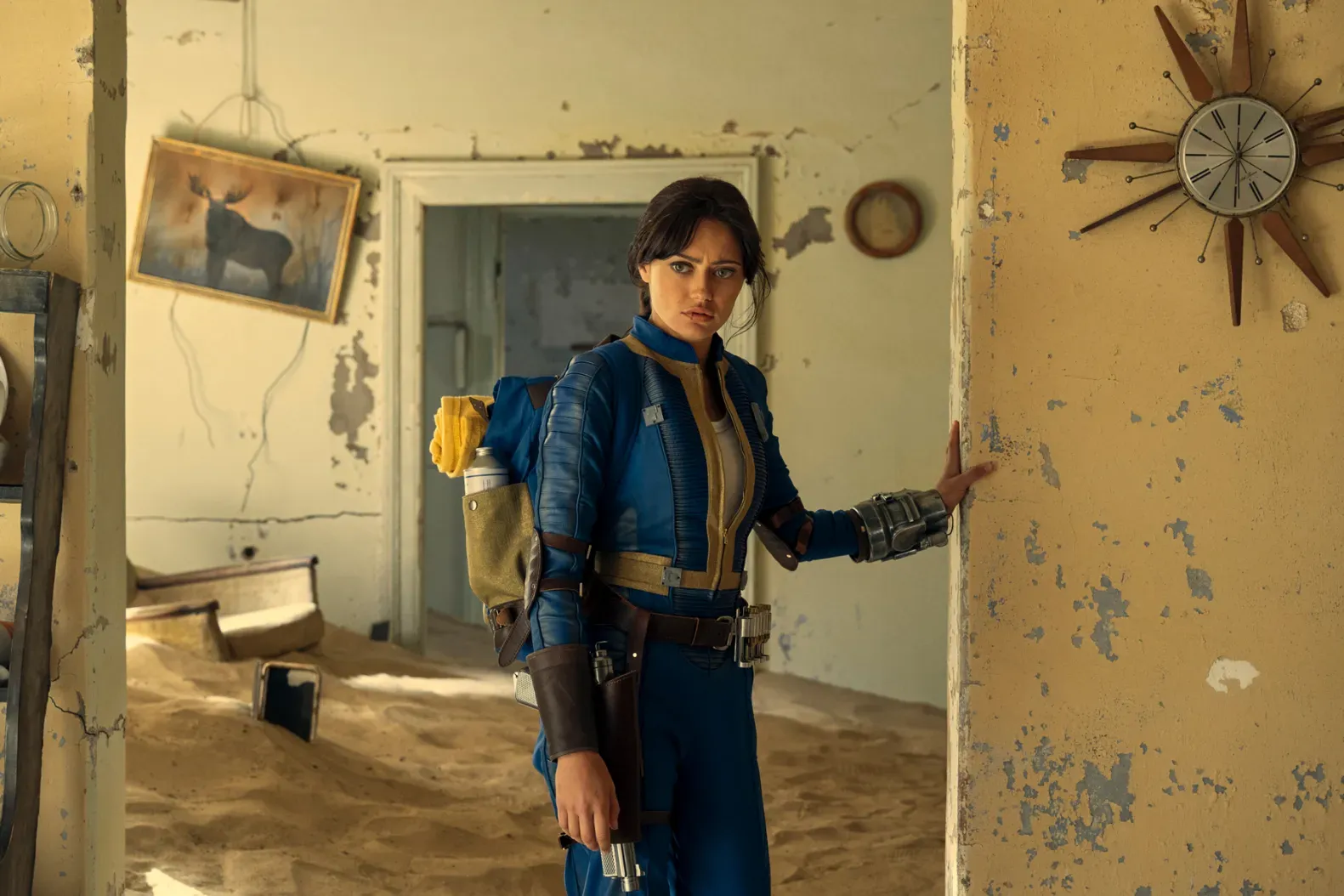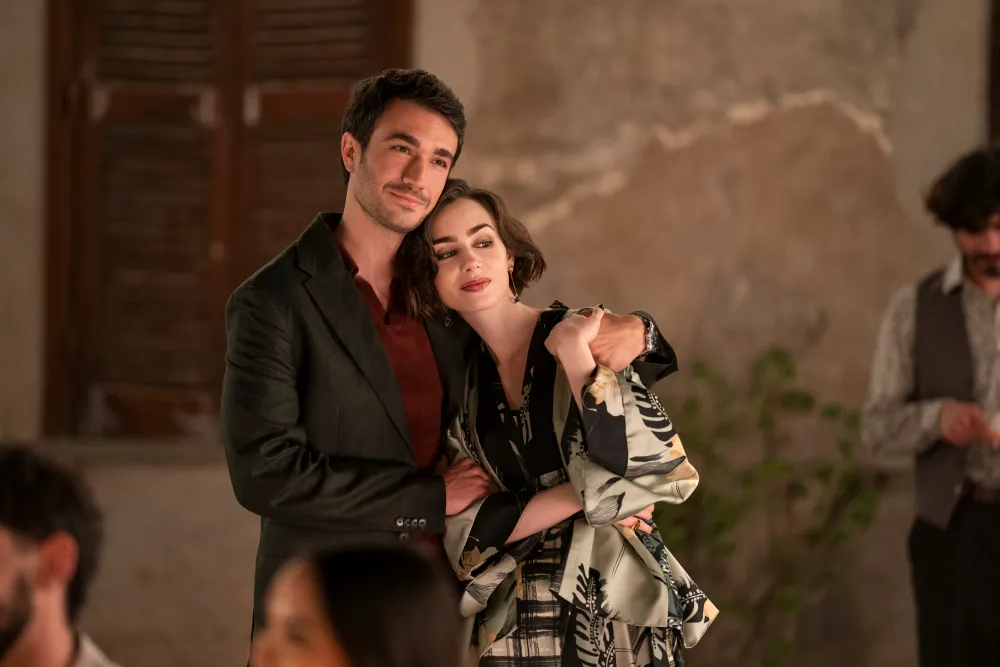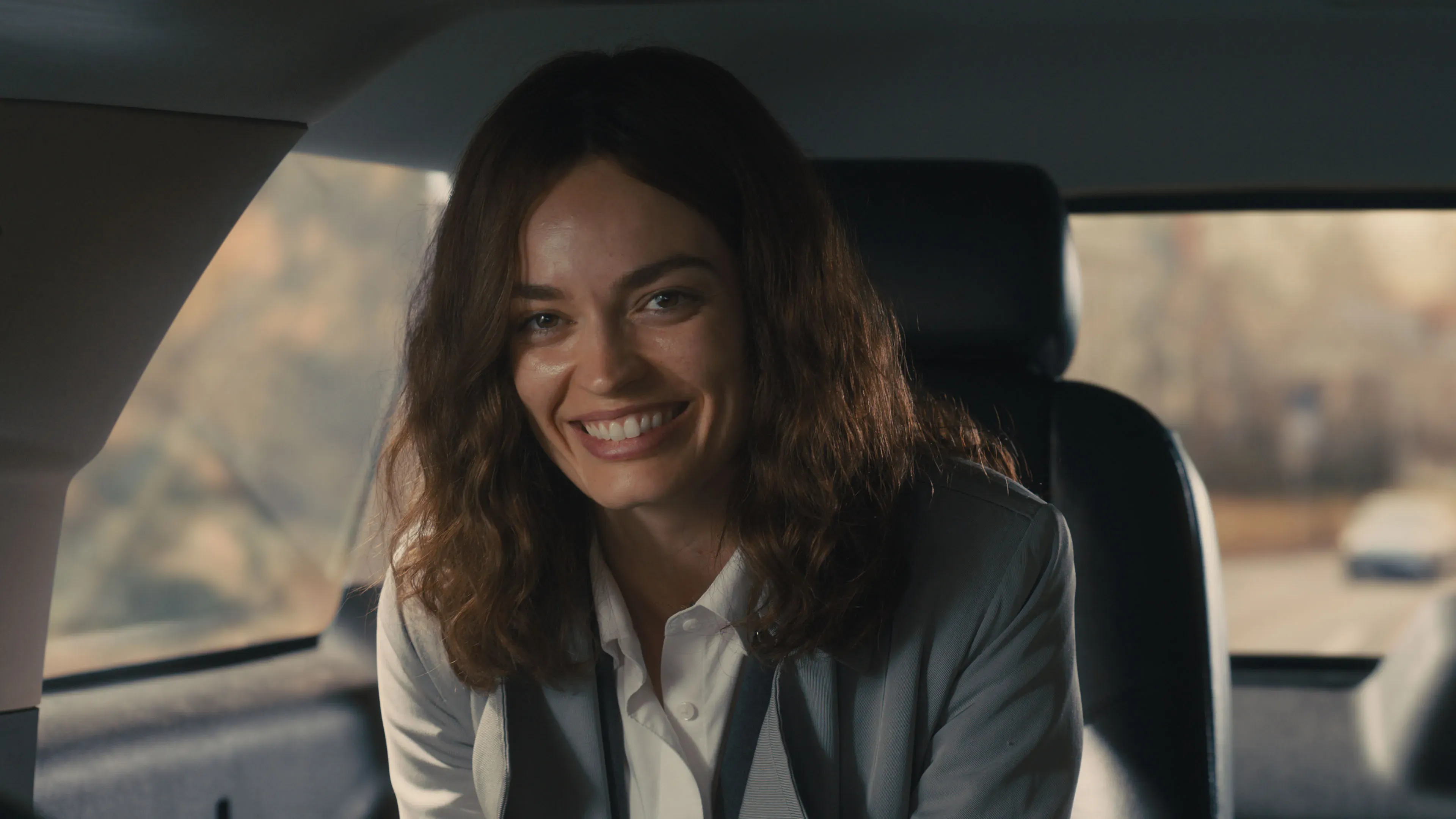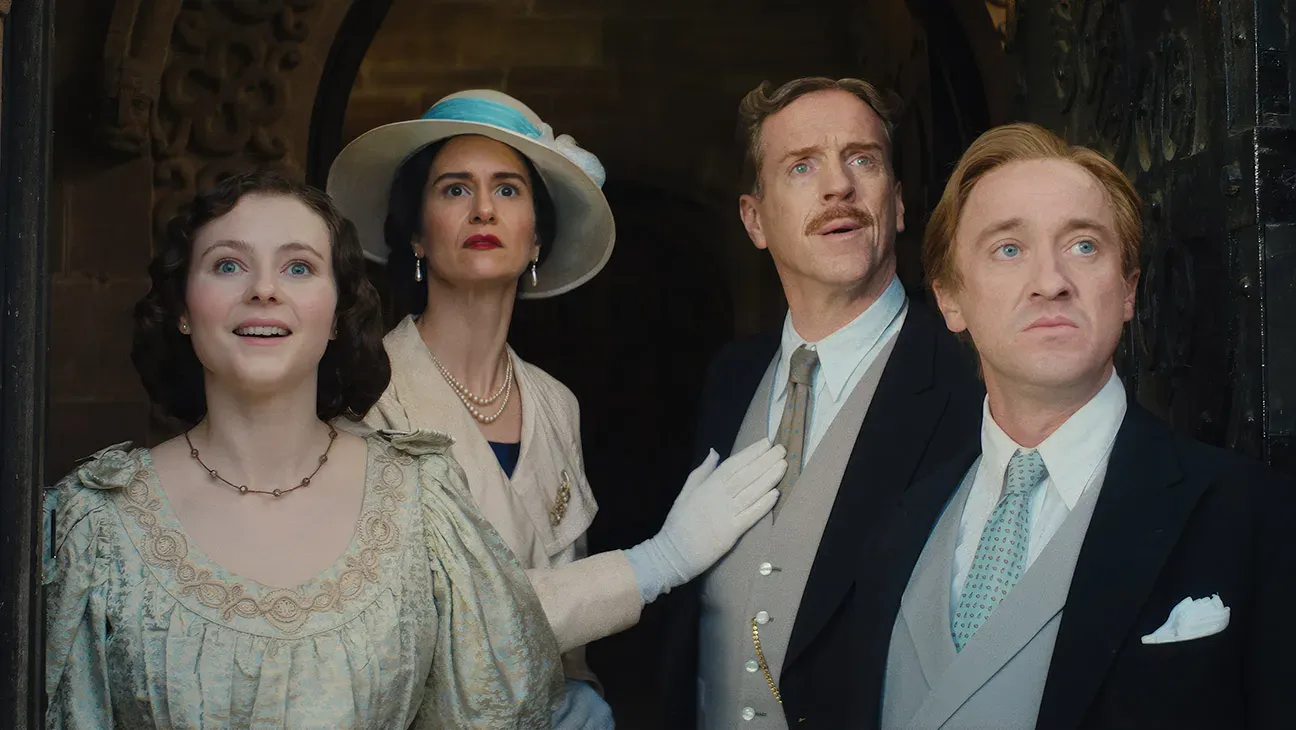
Songs From the Hole (2024) — Movie Review
- Apr 21, 2024
In an industry saturated with similar narratives, cutting through the clutter of documentary movies is a tough task. The market is teeming with stories with striking resemblance, and for something as particular as cult, distinguishing oneself is even harder.
However, in the face of a desensitized viewership, a novel approach can break the mould. A fine example of this is 'Songs From the Hole', a new documentary film by Contessa Gayles that recently premiered at SXSW. Unlike many, this movie stands out, unravelling an autobiography through song.
The film's main character is James "JJ'88" Jacobs, a man whose life took a harrowing turn when, at 15, he killed a man, and three days later, lost his brother Victor to murder. Following these tragic incidents, James spent 18 years in prison, grappling with depression, solitary confinement and the aftermath of his own crime. It was during this incarceration that he chose songwriting as a means of expressing his journey and transformation.
Utilizing the regular elements of a documentary, such as interviews with family members and recollections from James himself, the film juxtaposes these with highly produced songs. These songs showcase a range of emotions, from self-directed anger to lyrical reflection.

'JJ'88' isn't just a good story, he is an excellent songwriter. His music adds a unique layer to the film, distinguishing it from conventional narratives. One might even argue that the quality of his music, as well as the quality of Gayles' filmmaking, enhances the poignancy of his journey.
However, while the film compellingly depicts James' experience, it does raise ethical questions regarding the balance between highlighting the humanity of the convict and the victim's narrative. Furthermore, it tends to blur the systemic critique of parole difficulties experienced by James' family.
Ultimately though, 'Songs From the Hole' isn't about exposing the dehumanizing system. Instead, its central goal is to humanize someone who might otherwise be lost within a dehumanizing system. It provides a unique voice and style that successfully cuts through the monotone narrative of the current documentary scene.







